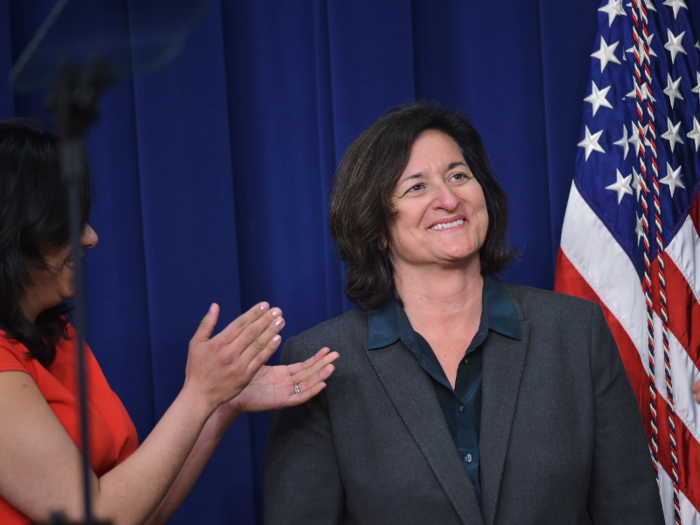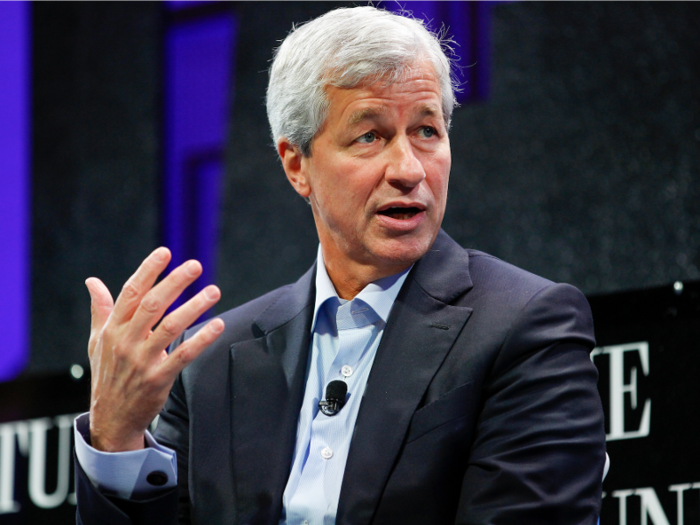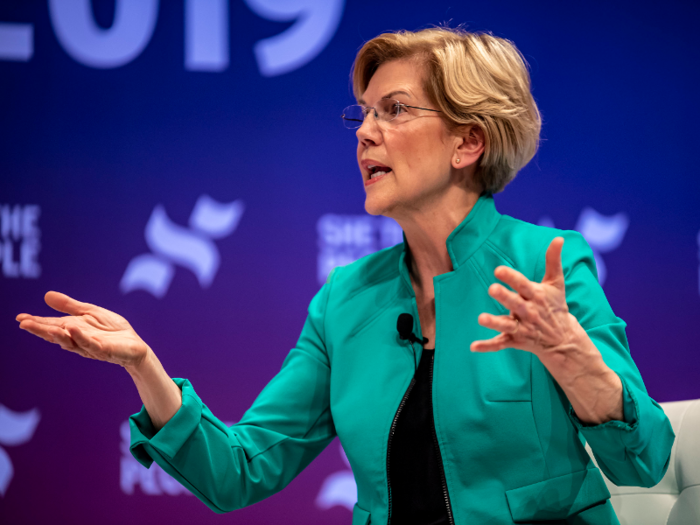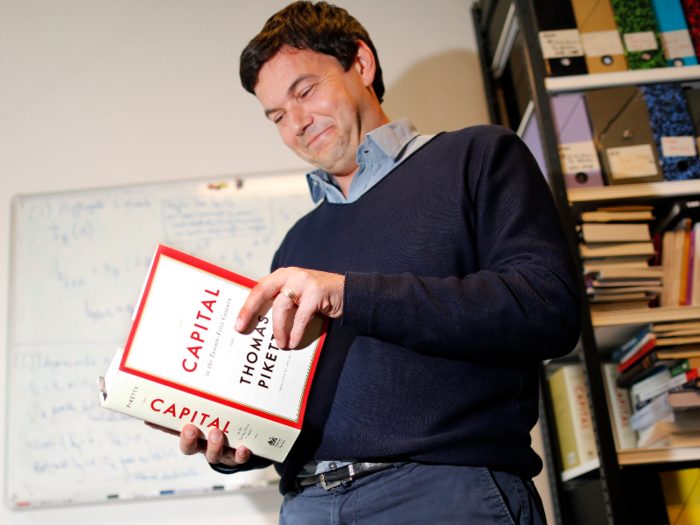- Home
- slideshows
- miscellaneous
- The mainstreaming of Occupy Wall Street: How rethinking American capitalism became the most important debate of the 2010s
The mainstreaming of Occupy Wall Street: How rethinking American capitalism became the most important debate of the 2010s
Fighting against inequality

Finding a sustainability that actually works

The 2010s saw the continuation of a fight between the left and right that had built steam in the aughts over climate-change policy. President Barack Obama signed the international Paris Agreement in 2016, setting targets for greenhouse emissions and regulation. However, Trump administration this year began the process of withdrawing from it.
But that hasn't stopped companies from moving forward with their own sustainability policies, even if done solely to get ahead of potential legislation from a possible Democratic administration.
Just over years ago, for example, outdoor apparel company and retailing giant Walmart formed an unlikely partnership through the Sustainable Apparel Coalition, an organization of about 250 members. These include some of the world's biggest brands, like Adidas, Disney, Gap, Levi's, Nike, and Target. The group created a sustainability index to measure the impact of apparel manufacturing, and 10,000 more manufacturers outside of the network now use the index.
Rose Marcario has been with Patagonia for 11 years, serving as CEO since 2013. In that time, she has made the company a champion of sustainability and shared its best practices with competitors.
She told Business Insider earlier this year that such partnerships are essential, regardless of who occupies the White House. "There's so much that we can do if we act collectively to fix these problems," she said. "I'm excited about it. But I do think that the next five, 10 years are the most absolutely critical for us to make serious change."
Reconsidering the role of a corporation

The financial crisis and rising inequality have both prompted a branch of left-leaning economists, like Nobel laureate Joe Stiglitz, to push back against the form of free market economics that has reigned for more than 40 years.
But while they are all calling for significantly increased taxes, even corporations with different interests are pushing back against one of the defining features of this era: the shareholder primacy theory.
The B Lab nonprofit, for example, has grown over the past decade to include 2,800 B Corporations (the b stands for benefit) and 8,000 legally registered benefit corporations. These companies have made commitments to creating value not only for shareholders, but for employees, customers, communities, and the environment. It started with brands like Patagonia and Ben & Jerry's, and has been gaining traction with giant multinationals, with the support of giant companies like Danone and Unilever.
And while it was not a binding document, the Business Roundtable's statement this year marked a significant recognition of the demands from employees and consumers for a new way of doing things. Companies like JPMorgan Chase and Mastercard have, over the past few years, been increasingly incorporating community-driven investments into their core business.
Peter Scher is JPMorgan's head of corporate responsibility and its DC branch, and oversees the international "AdvancingCities" philanthropic initiative. He told Business Insider that "we want to grow our business in these places and, ultimately, if we're going to grow the economy of a France or Michigan or the greater Washington region, you can't have all these economic hurdles holding people back."
Pushing against corporate power

The more companies want to influence communities, however, the more power corporations have over democratic institutions. It's one of the reasons why a call for renewed antitrust policy has emerged over the past several years for the first time since the 1980s.
The rise of Big Tech, namely Google, Facebook, and Amazon, has compelled progressives like Warren and Sanders to call for breaking up what they deem to be monopolies limiting healthy competition, but there has been a push from a smaller faction on the right as well.
Specifically, Republican Sen. Josh Hawley of Missouri, whose hero is the trust-buster Teddy Roosevelt, has made attacking concentrated corporate power his signature issue.
Matt Stoller, fellow at the progressive antitrust nonprofit the Open Markets Institute and author of "Goliath," told Business Insider that an alliance between the left and the right on this issue is not only necessary but very promising.
Looking at where we've been and where we're headed

Over the past decade, seeds sown in the wake of the Great Recession have flowered even as Wall Street recovered and is doing as good as it ever has.
From democratic-socialists to conservative Republicans, from activists to CEOs, all with a variety of goals, there has been a growing recognition that today's capitalism is no longer working for enough Americans.
As voters and consumers, these Americans are now forcing the hands of politicians and executives to acknowledge their demands — and whether they know it or not, they're using a lot of the same language that protesters used almost 10 years ago.
And so if this past decade was about changing the conversation around capitalism, then the next decade will be about turning that rhetoric into action, regardless of who's president.
Stay tuned to Business Insider's Better Capitalism page throughout the month for an exploration of how this conversation has evolved, and how it's setting the stage for a new era.
Popular Right Now
Advertisement